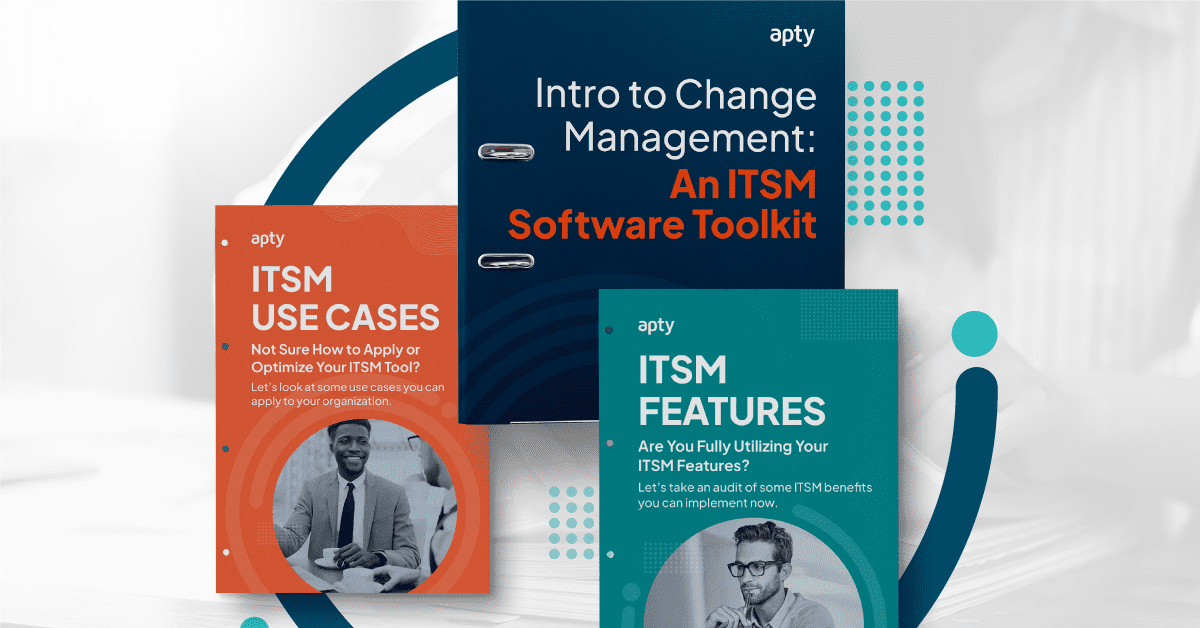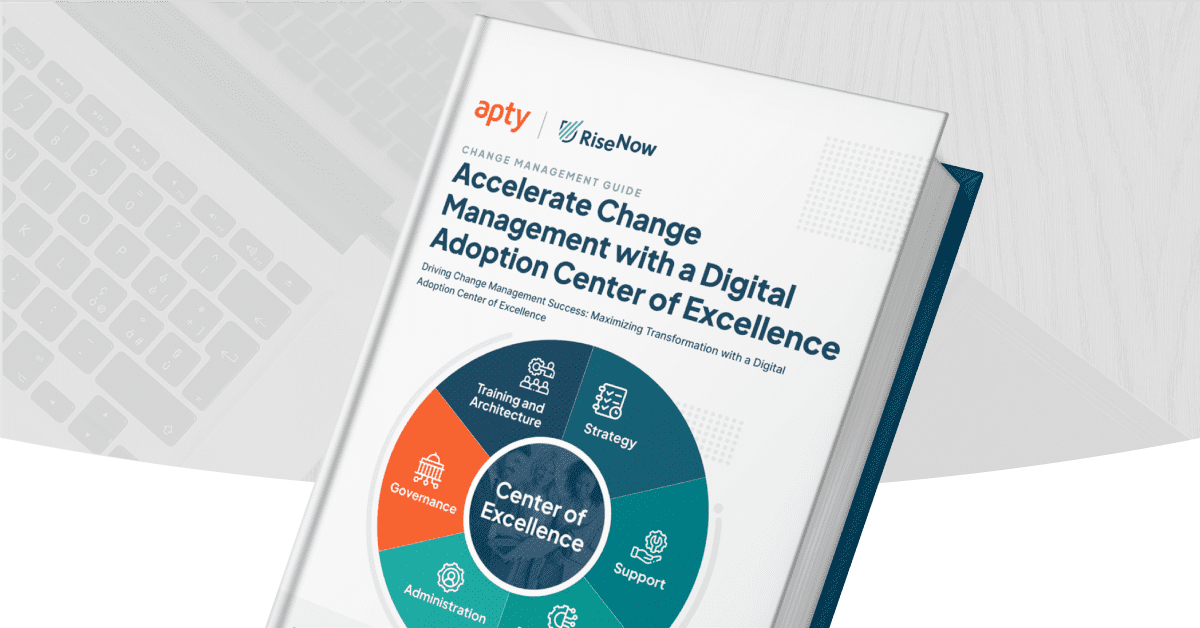
Questions about Digital Transformation?
Find the Answers Here.
Featured Question
What is Digital Transformation?
Digital transformation is harnessing technology to change the way you do business. It's a fundamental cultural shift in how you interact with your customers.
Featured Question
What are the benefits of digital transformation?
Successful digital transformation unlocks your business's potential, leading to improved customer experience, increased productivity, higher engagement, validated data, forecasted revenue, & improved employee onboarding.
Digital Innovation
Digital Innovation is applying new technology to overcome existing problems, improve processes, and enhance the user experience by creating new products or methods.
59% of the organizations feel they are already late with their digital efforts. This is a matter of grave concern as not adapting to change at the earliest could have an adverse effect later.
Innovation drives change, collaboration, and competition, leading to digital transformation, improved ROI, and better customer facilities at lower costs.
Digital transformation is harnessing technology to change the way you do business. It’s a fundamental cultural shift in how you interact with your customers.
Mckinsey estimates that 70% of digital transformations will fail, and recent history provides plenty of examples. Digital Transformation challenges need to be addressed to sustain in the long run.
The reason most digital transformation fail includes: Lack of executive leadership, poorly defined goals, no roadmap, resistance to change, & poor talent development or recruiting.
Driving Digital Transformation involves four critical components: Employees, customers, Processes and Operations, & Products or Services.
Companies started digitizing decades ago; thirty years ago, companies had the luxury of taking things slowly. That’s no longer the case. Technology is rapidly changing, so companies must be agile enough to adapt.
Successful digital transformation unlocks your business’s potential, leading to improved customer experience, increased productivity, higher engagement, validated data, forecasted revenue, & improved employee onboarding.
The 4 Key Drivers of Digital Transformation are Technology, Business Strategy, Leadership, & Customer experience.
The following are some top trends and effective technologies that can help drive digital transformation: Business process automation, Cloud-based technologies, Adoption of 5G and IoT, & the use of Artificial Intelligence.
To develop a digital transformation strategy, follow Kotter’s 8-step process, including creating urgency, building a coalition, communicating vision, and anchoring changes in corporate culture.
To ensure successful business transformation, implement OKR strategy for tracking progress with objectives and key results based on extensive experience.
Digital Transformation requires employee adoption of new technologies—track performance metrics, such as time to close deals and completed projects, pre- and post-transformation.
Technology Adoption
Technology adoption is the successful integration of new technology into your business. Adoption means more than just using technology. When you’ve adopted new technology, you’ll use it to its fullest potential and see the benefits of using the new system.
The adoption of technology is a critical concept for business and organizational change. You must develop the capacity to adapt new technology in everyday processes so that it can effectively create new work models, develop new competencies, and improve business performance.
The Technology Adoption Lifecycle is a model that categorizes people into five groups- Innovators, early adopters, early majority, late majority, and laggards. This is based on how quickly they adopt innovations.
Major challenges include Employee Resistance, Insufficient Onboarding and Training, Measuring the Rate of Adoption, & Poor Leadership and Communication.
Ready to Take a Proactive Approach
to Digital Transformation?
Get a personalized software demo from one of Apty’s DAP experts.














